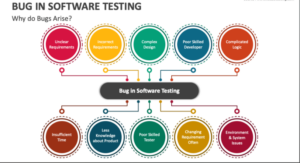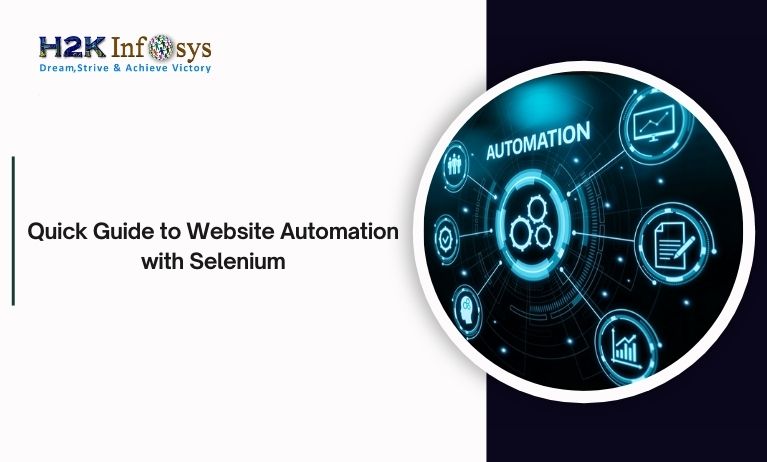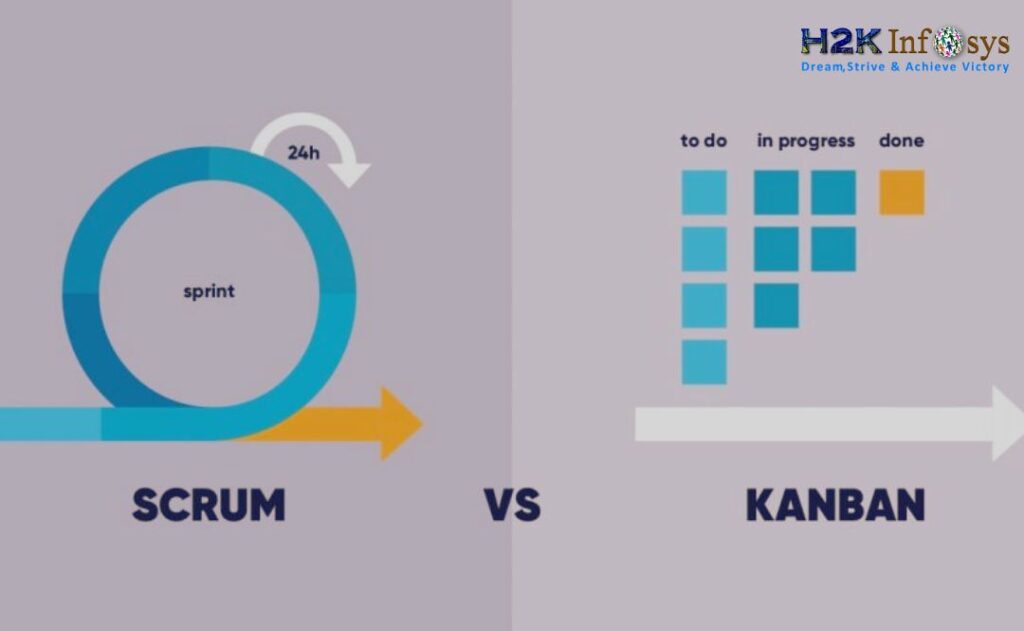Static analysis tools are used for automated review of the code. Several types of tools are available in the market which helps in analysing the code during the development and detect fatal defects early in the SDLC phase.Such defects can be eliminated before the code is actually pushed to functional QA Testing. Defect found later is always expensive to fix.
The best static analysis tools for comparison are:
Raxis
Raxis does better than automated tools that often find the fake findings that will waste time and also effort. Raxis always scopes an amount of time that works best for the company’s code and also puts a security-focused former developer to analyse the code for both general security and business-logic vulnerabilities.
Raxis communicates throughout to be sure our input is used within the code review and they will provide a report that details each finding with screenshots and remediation advice high-level summary that can be provided to management and also debriefing call are also included.
RIPS technologies
RIPS is the only code analysis solution that performs language-specific security analysis. It also detects the complex security vulnerabilities very deeply nested within the source code that no other tools are able to find.
It supports major frameworks, SDLC integration, and relevant industry standards and can be deployed as self-hosted software or used software-as-service with its high accuracy and no false-positive noise, RIPS is a deal choice for analysing Java and PHP applications.
PVS- Studio
PVS-Studio is considered a tool which detects bugs and security weaknesses in all the source code of programs which are written in C, C++, C# and java. It works in Windows, Linux and macOS environments.
It is possible to integrate it in the visual studio, IntelliJ IDEA, and other widespread IDE. The results of the analysis can be imported into SonarQube.
KIUWAN
Kiuwan is a SAST and SCA platform with the biggest technology coverage and integration in the market. With a DevSecOps approach, Kiuwan will achieve outstanding benchmark scores and offers a wealth of features that transcend static analysis, catering to every stakeholder within the SDLC.
Reshift
Reshift is a SaaS-based software platform which helps software development teams identify more vulnerabilities faster in their own code before deploying to production. Reducing the cost and time of finding and fixing vulnerabilities, identifying the potential risk of a data breach, and helping software companies achieve compliance and regulatory requirements.
Embold
Embold is a very intelligent software analytics platform which supports developers and teams in building higher quality software in less time, by speeding up code reviews.
That will automatically prioritise hotspots within the code and provides clear visualisations. With multi-vector diagnostic, it also analyses software from multiple lenses, including software design, and enables users to manage and improve their software quality transparently.
Smart Bear
Smartbear Collaborator is a code review tool that is most suitable for remote as well as co-located teams. It has comprehensive review capabilities to review different documents like design, requirements, documentation; user stories test plans and source code.
GitHub, GitLab, Bitbucket, Jira, Eclipse, and Visual Studio can be used for integration with SmartBear. It offers the features of electronic signatures. It provides complete reports.
Static code analysis is a sort of process performed on the static source code of the software with static code analysis tools. Static code analysers check source code for particular vulnerabilities as well as for compliance with many standards.
Why do we have to use static code analyzers?
- To get the code insights before execution
- Execution very quickly where it is compared with dynamic analysis
- Here code quality maintenance will be automated.
- Searching for bugs will be automated at very earlier stages.
- Finding security problems will be automated at an early stage.
- We use static analyzers if we use IDE which already has static analyzers like Pycharm uses pep8.
There are many static code analysis tools. They are
Deep Source
DeepSource which supports us to automatically find and fix issues in our code during code reviews. It will be integrated with Bitbucket, GitHub account. This tool looks for anti-patterns, bug risks, performance problems and also raises issues. DeepSource creates and tracks metrics like dependency count, documentation coverage etc. Analyzers operate at file-level the repository level problems in further.
The Key Features are
- It has single file configuration
- It has quality checks and pull request
- It has broad-spectrum of issue coverage
- Actively maintained analyzers
- It knows about each issue in detail
- It tracks code metrics.
Drawbacks are
Support for PHP language is unavailable.
SonarQube
SonarQube may be popular static analysis tool for continuously inspecting the code quality and security of your codebases ad guiding development teams during code reviews. SonarQube is employed for automated code review CI/CD integration.It also offers quality management tools to support to put it right actively.IDE integration server and code-review tools.
Key features are
- It supports multi-language
- It has security analysis
- It releases quality code
- It has maintainability
- It can identify tricky issues
Its Drawbacks are
- It will not support for every IDE.
- It will nnot have an option to ignore the issues which are intentional.
Questions
- What is the purpose of using static analysis tool?
- Explain features of any two static analysis tools?




























